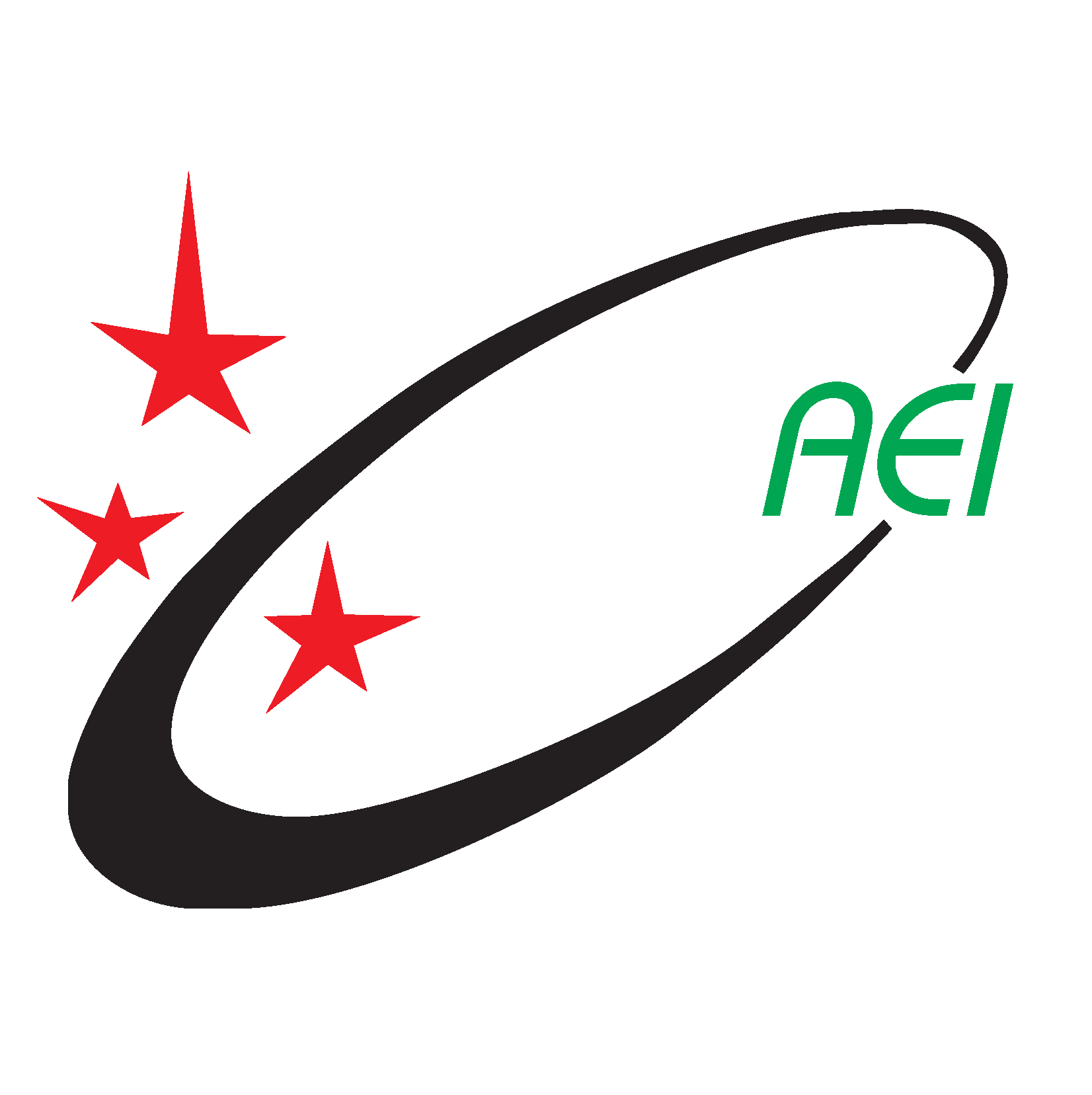In the heart of Bethlehem’s most vulnerable communities, the Arab Educational Institute (AEI) – Pax Christi brought a transformative vision to life. Through its Early Warning and Response System (EWRS) project, AEI empowered residents in Beit Sakaria, Al-Ma’sara, Al-Khader, and the Palestinian Red Crescent community to face challenges head-on, fostering hope and sumud.
In Beit Sakaria, where education struggles under the shadow of nearby settlements, the community found its voice. Parents and students, once hesitant, united to advocate for change. For the first time, the Ministry of Education responded, visiting the village and promising support. Volunteers like Mr. Fuad offered free English lessons, turning challenges into opportunities for growth.
Al-Ma’sara, once facing challenges with waste management, has shown remarkable progress in community engagement and problem-solving. With the guidance of young leaders, the village successfully addressed the waste issue amicably and implemented psychosocial support programs for vulnerable groups. This collaborative effort demonstrates the power of community action in creating positive change.
In Al-Khader, the establishment of an emergency room has significantly enhanced the community’s ability to respond to crises. By providing essential first aid services and training volunteers, this initiative has improved local preparedness and sumud.
For the Palestinian Red Crescent volunteers, the project became a movement. Streets were cleaned, safety campaigns launched, and partnerships forged with schools and universities to beautify the environment. Their efforts not only improved physical surroundings but also inspired a shared commitment to community well-being.
One of the project’s greatest achievements was the creation of a comprehensive EWRS manual by AEI, a practical guide that concludes the lessons, strategies, and best practices of the project. This manual serves as a planner for future initiatives, ensuring that other communities can build on the success of this program.
This journey of empowerment was summarized by a Beit Sakaria resident, who said, “As a marginalized community, it’s crucial we raise our voices and demand our rights. Otherwise, our challenges will remain unseen.”
The EWRS project didn’t just address immediate threats – it planted seeds of sumud and unity, reminding these communities that their voices matter and that together, they can overcome any obstacle.
